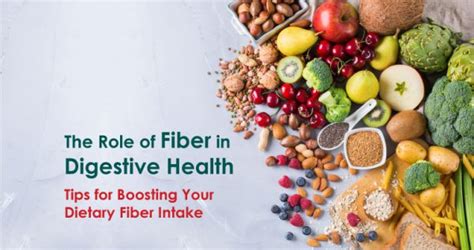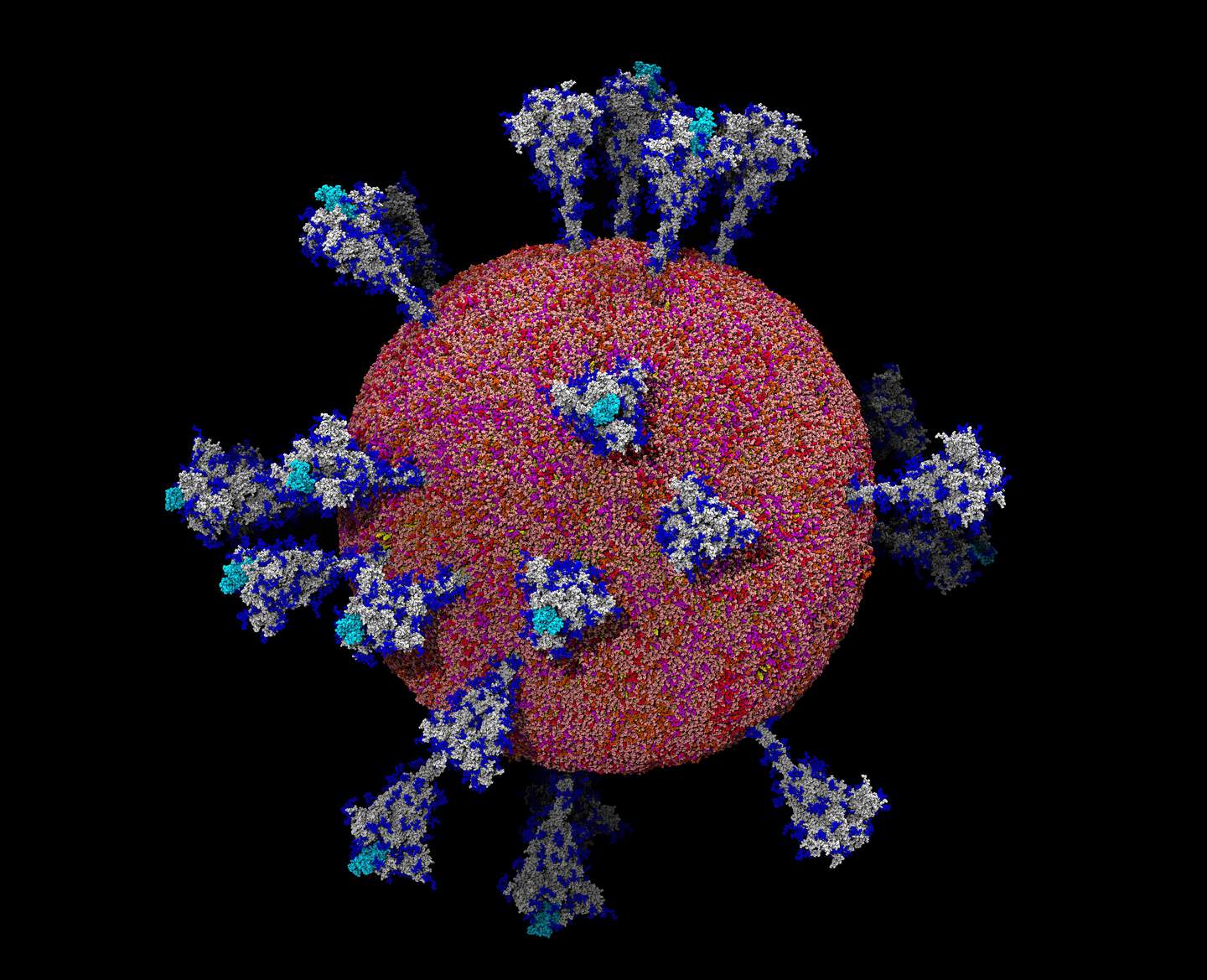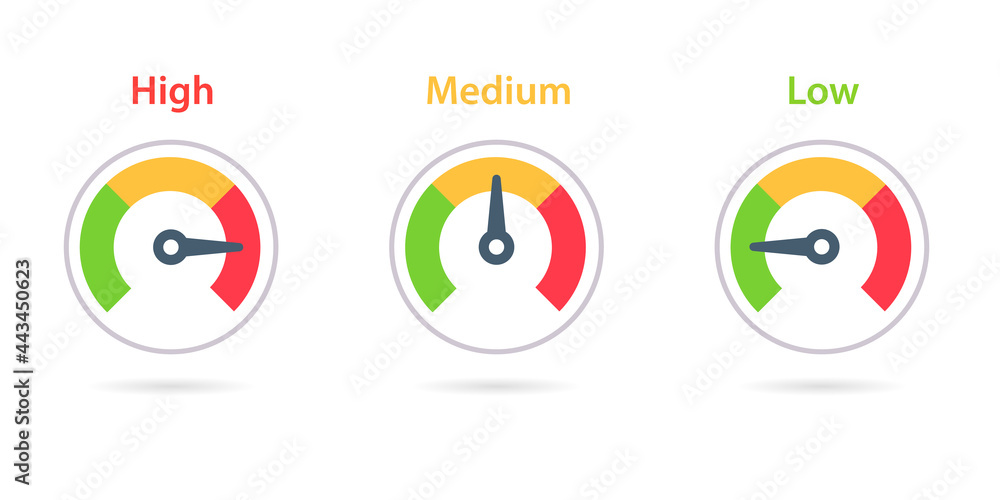Fiber: Boosts Digestive Health

The intricate relationship between dietary fiber and digestive health has been a subject of extensive research, with mounting evidence underscoring the pivotal role that fiber plays in maintaining a healthy digestive system. Fiber, a complex carbohydrate found abundantly in fruits, vegetables, whole grains, and legumes, is not digested by the body in the same way as other nutrients. Instead, it passes through the digestive system relatively intact, exerting its beneficial effects along the way.
The Problem of Low Fiber Intake
Many contemporary diets are strikingly low in fiber, a consequence of increased consumption of processed and refined foods. This shift away from traditional, whole-food diets has been linked to a myriad of health issues, including constipation, diverticulitis, and an increased risk of chronic diseases such as heart disease and diabetes. The average daily intake of fiber in many parts of the world falls short of the recommended amount, highlighting a significant nutritional gap that needs to be addressed.
How Fiber Supports Digestive Health
Fiber’s impact on digestive health is multifaceted. It acts as a bulking agent, helping to prevent constipation by promoting regular bowel movements and preventing the formation of hard, dry stools. Additionally, fiber ferments in the colon, producing short-chain fatty acids that serve as an energy source for the cells lining the colon, promoting a healthy colonic environment. This fermentation process also helps in maintaining the integrity of the gut barrier and supports the growth of beneficial gut bacteria, thereby enhancing immune function.
Types of Fiber: Understanding the Differences
There are two primary types of dietary fiber: soluble and insoluble. Soluble fiber, found in foods such as oats, barley, fruits, and legumes, dissolves in water and forms a gel-like substance in the stomach. This type of fiber is particularly effective at lowering cholesterol levels and regulating blood sugar levels. Insoluble fiber, on the other hand, does not dissolve in water and is found in whole grains, vegetables, and wheat bran. It adds bulk to stool and is essential for promoting regular bowel movements and preventing constipation.
Incorporating More Fiber into Your Diet
Increasing fiber intake can be achieved through simple dietary adjustments. Starting the day with a breakfast rich in whole grains, such as oatmeal with fruits and nuts, sets a good foundation. Incorporating a variety of colorful vegetables and fruits into meals provides not only fiber but also a broad spectrum of essential vitamins and minerals. Legumes, including beans, lentils, and peas, are some of the richest sources of fiber and can be easily added to soups, stews, and salads. Whole grain bread and pasta can replace their refined counterparts, offering a higher fiber content.
Addressing Common Misconceptions
One of the misconceptions about fiber is that it is only beneficial for digestive health. While it is true that fiber has a profound impact on the digestive system, its benefits extend far beyond. High fiber intake has been associated with lower cholesterol levels, improved blood sugar control, and even weight management. Furthermore, there is evidence suggesting that a diet rich in fiber can reduce the risk of certain cancers, such as colon cancer, and may play a role in reducing inflammation in the body.
Future Trends and Research Directions
As research into the health benefits of fiber continues to evolve, there is an increasing interest in the role of prebiotic fiber in promoting gut health. Prebiotics are types of fiber that feed the good bacteria in the gut, supporting the growth of a healthy gut microbiome. This area of study holds promise for the development of new dietary strategies aimed at preventing and treating diseases associated with gut dysbiosis. Moreover, advancements in agricultural science and food technology are expected to lead to the development of higher-fiber crops and food products, making it easier for consumers to meet their daily fiber needs.
Practical Applications and Recommendations
For individuals looking to boost their digestive health through dietary fiber, here are some practical steps:
- Gradual Increase: Increase fiber intake gradually to allow the gut microbiome to adjust and minimize potential side effects such as bloating and gas.
- Hydration: Adequate hydration is essential to help fiber move through the digestive system, so it’s crucial to drink plenty of water.
- Variety: Eat a variety of fiber-rich foods to ensure a broad range of benefits.
- Consult a Professional: For personalized dietary advice, consult with a healthcare provider or a registered dietitian.
Conclusion
In conclusion, dietary fiber plays a critical role in maintaining digestive health and overall well-being. By understanding the different types of fiber, incorporating high-fiber foods into the diet, and addressing common misconceptions, individuals can take significant steps towards improving their health. As ongoing research continues to unravel the complex relationships between fiber, the gut microbiome, and human health, it is clear that fiber will remain a focal point in the pursuit of digestive health and beyond.
What are the daily recommended intake levels for dietary fiber?
+The recommended daily intake of dietary fiber varies by age and sex, but a general guideline is to consume at least 25-30 grams of fiber per day for adults. However, the average intake in many countries is significantly lower than these recommendations.
How quickly can I expect to see improvements in digestive health after increasing my fiber intake?
+Improvements in digestive health from increased fiber intake can often be noticed within a few days to a week. However, it may take several weeks for the gut microbiome to fully adjust and for the maximum benefits to be realized.
Are there any potential side effects of a high-fiber diet that I should be aware of?
+Yes, a sudden increase in fiber intake can lead to bloating, gas, and腹 confort in some individuals. It is recommended to increase fiber intake gradually to allow the body to adjust. Additionally, ensuring adequate hydration helps to mitigate these side effects.



